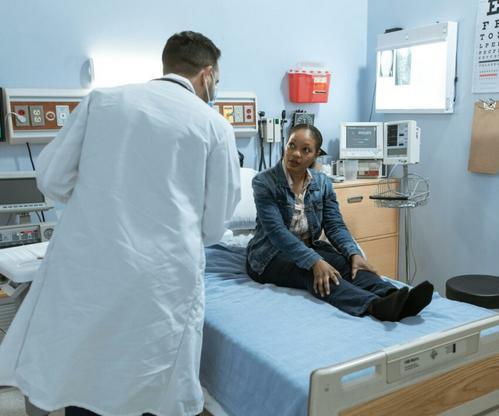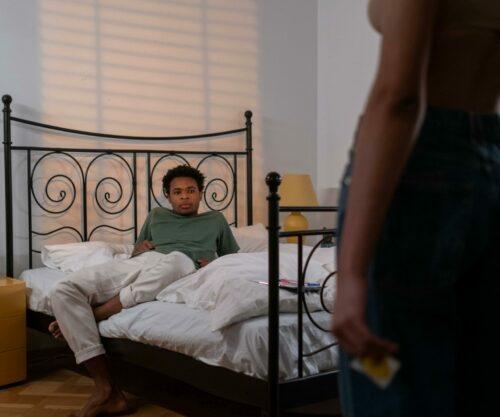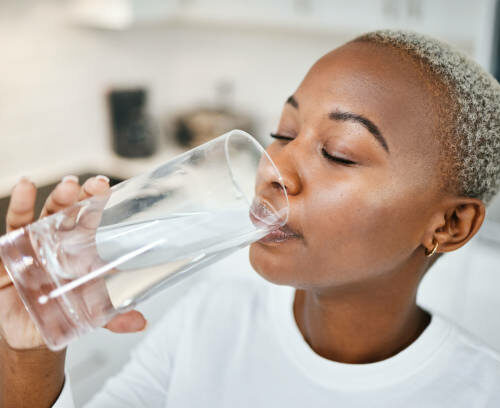
Having kidney stones is described by many as being one of the most painful things that any human being can experience. For many the pain can be easily likened to that of birth cramps which women experience when going into labour.
Moreover, the removal of it is not the simplest process either.
According to Mayo Clinic – a well-known expert in providing medical research information – the correct medical terms for kidney stones are renal calculi, nephrolithiasis and urolithiasis.
These are made of hardened deposits that come from various minerals and salts that form inside your kidneys.
Similarly, medical hub Kidney.org explains that some of the other causes of kidney stones are linked to drinking too little water, obesity, and eating food with too much salt or sugar.
The above-mentioned source further explains that it is worth noting that four types of stones can make their appearance inside the human body.
These are:
Calcium oxalate: This is considered to be the most common and occurs when calcium combines with oxalate in the urine.
Uric acid: Considered to be another common type, is when consuming foods with high concentrations of natural chemical compounds known as purine. This is often found in meat and shellfish. According to Kidney.org the high intake of purine intake leads to a high production of monosodium and causes kidney stones.
Struvite: Caused by infections in the upper urinary tract, less common.
Cystine: This is believed to be extremely rare and runs in families.
Meanwhile, according to the medical hub – Cleveland Clinic – kidney stones are removed through the following methods:
Shockwave lithotripsy: This is when the healthcare provider uses shockwaves to break apart the stones from the outside of the body. This allows the smaller stone to easily move through your unitary tract to escape the body.
Ureteroscopy: This is when a scope gets inserted through your urethra and bladder and into your ureter. The provider will then pass an instrument through the scope to break down the stone to pass through your urinary tract.
Also see: Can Viagra reduce the risk of getting Alzheimer’s?




